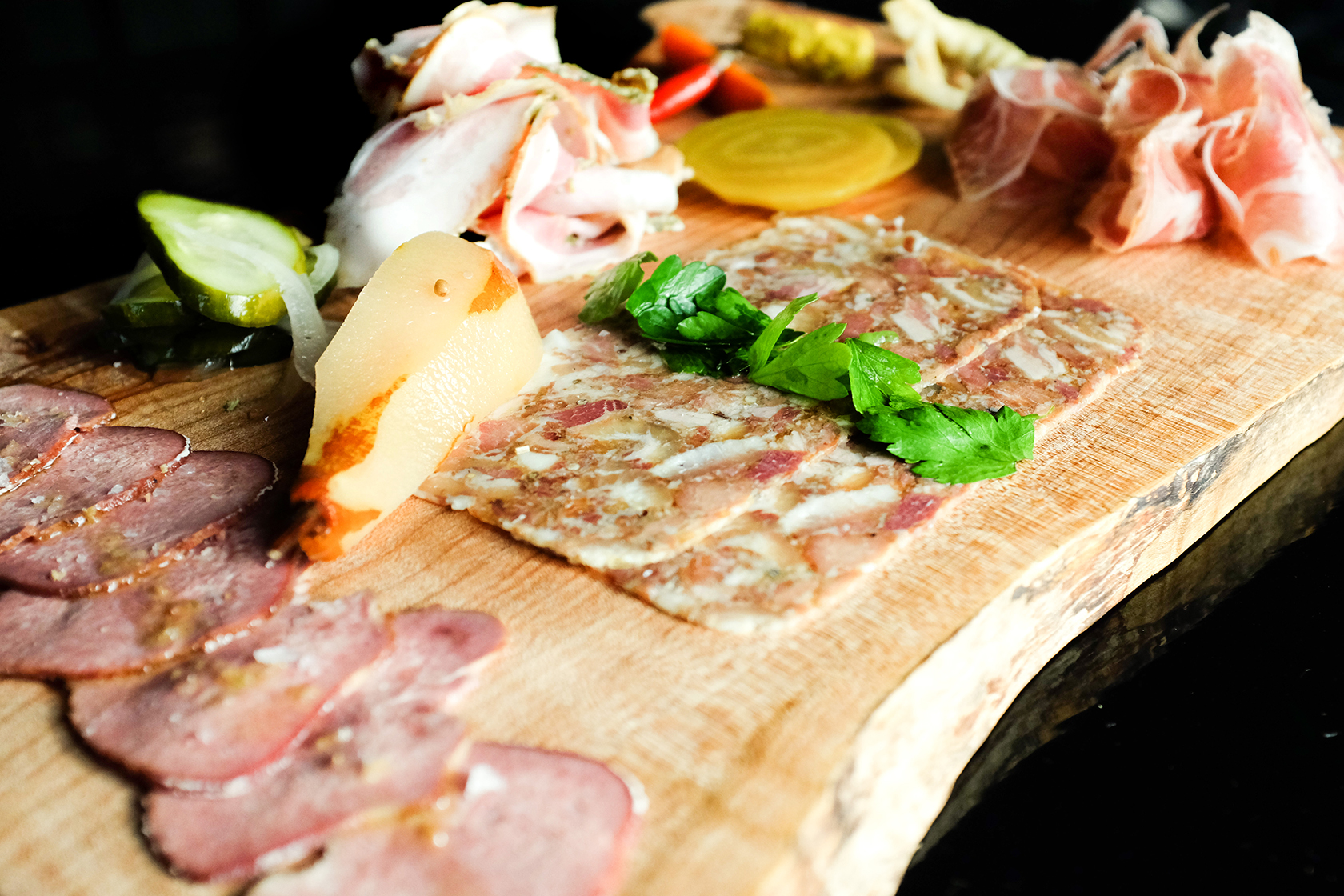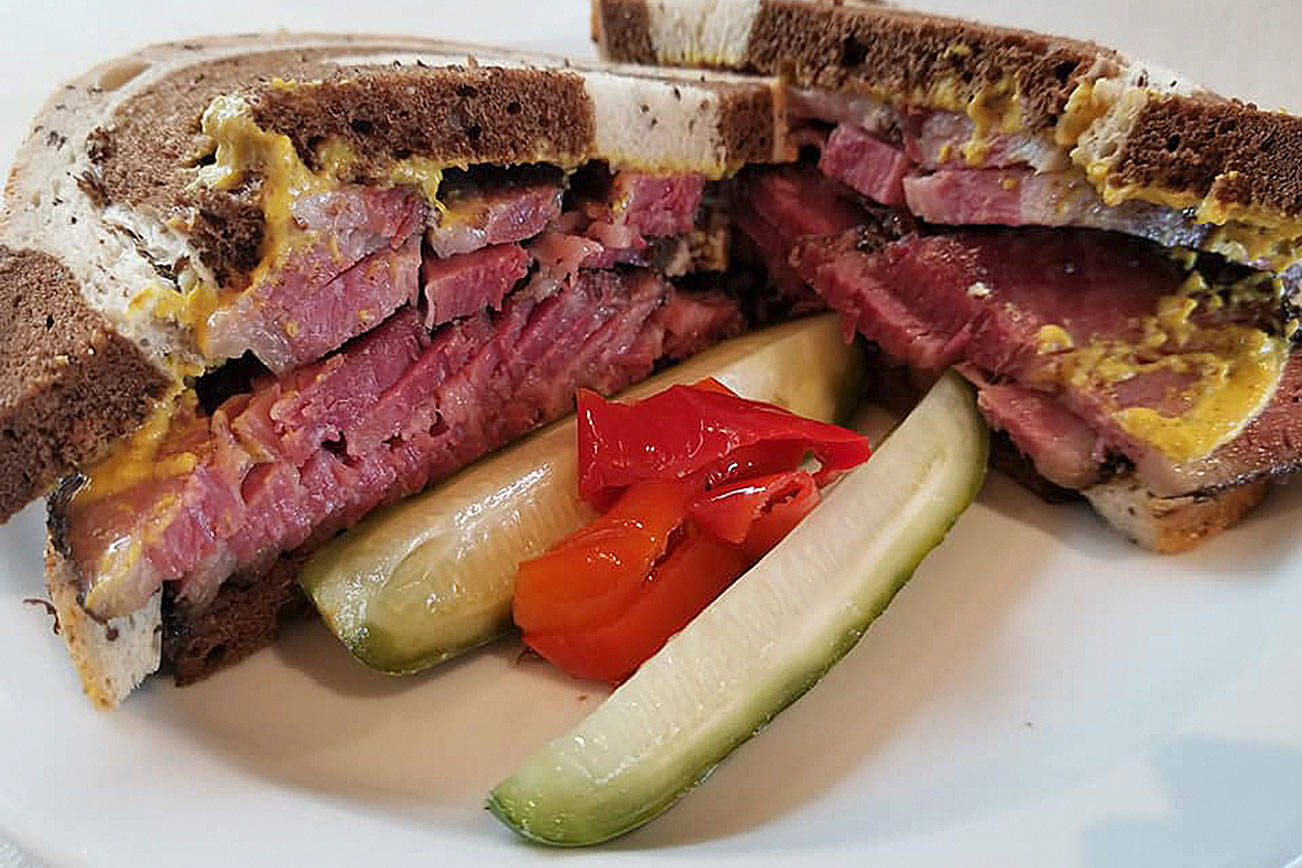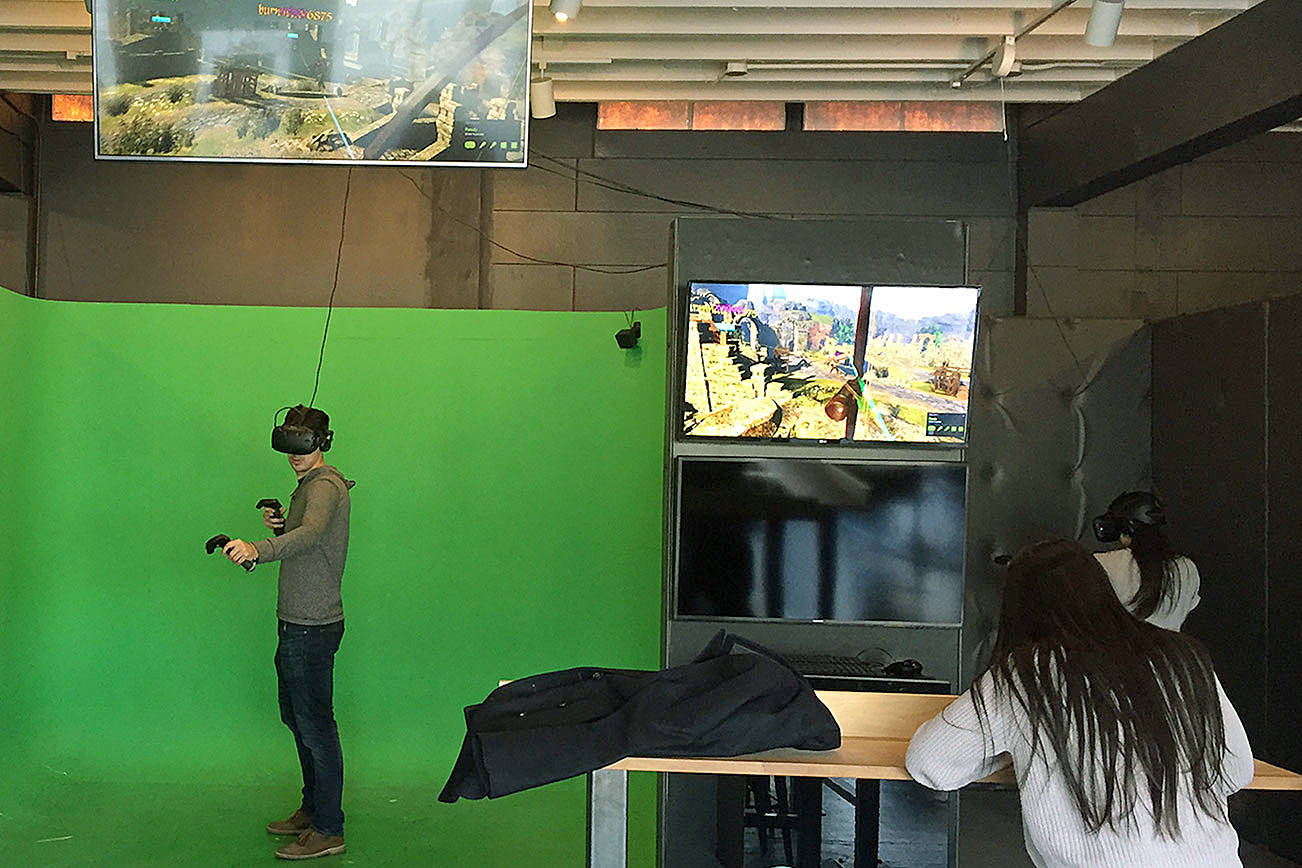A common refrain among people who move to Seattle (including myself) is that they can never find their home food, as if every part of the country is supposed to be culinarily synched. It’s an understandable if unrealistic expectation, especially considering that not even Netflix and HBO have the same movies.
Whether it’s pizza, bagels, or barbecue, transplants use their memories of the homeland as a cudgel on Seattle cuisine. Restaurants occasionally feature the person at the table who says something like, “This isn’t pizza. If you want real pizza you go to New York,” and there’s typically no rejoinder to such a comment, unless somebody recently returned from Italy.
“I grew up having good pizza in New Jersey,” says Delancey co-owner Brandon Pettit, “and then I moved to New York after that. It didn’t even occur to me that there were a bunch of cities without good pizza. I didn’t think that existed, and then I came out here and I was kind of shocked and depressed.
“I loved the city and I love the mountains and the water, and I didn’t want to leave here. I found myself driving down to Portland to get pizza because there were a couple good pizzerias there.”
A little has changed since then. Delancey is not alone in capturing that yearned-for East Coast food. Italian Family Pizza downtown and Cafe da Pino in Ravenna feel like unpretentious, old-school Italian restaurants plucked from New York. Pettit also suggests Cafe Lago for pizza, Salumi for Italian sandwiches.
“They do a really good corned-beef sandwich at a place called Picnic in Greenwood,” Pettit adds, “and there’s actually a bagel place in Bellingham [The Bagelry] that I’ve driven up to just for bagels. It’s some guy from Jersey.”
Gastronomic grumblings are by no means limited to New Yorkers. I’ve heard Californians complain about our Mexican food, Philadelphians complain about our cheesesteaks, and Canadians complain about our poutine. Sometimes Seattle feels like a big melting pot of people whining about their hyper-specific food needs.
I’m guilty as well. Since moving here from Montreal, I’ve quixotically searched for tourtiere (meat pie), bagels, poutine, smoked-meat sandwiches, and everything maple. There’s been no attempt to find Montreal pizza in Seattle, because I don’t miss it (sorry, Montreal).
Seattleites are certainly aware of East Coasters’ struggles, which may be why employees of Hot Mama’s Pizza on Capitol Hill are sometimes seen wearing a T-shirt that says, “If New York is so cool . . . how come you moved to Seattle???” I ask Pettit if it’s silly to expect your home food in another place. “It is silly, but not if you’re a New Yorker,” he says, chuckling, “because you just assume that New York is the center of the universe, and just like Americans think everyone should speak English, New Yorkers think everyone should have pizza and bagels and pastrami, and they don’t get it.”
If chefs have an advantage over the public, it’s that they can solve these issues by opening a restaurant. That’s what Matt Lewis of Roux and Where Ya At Matt did, serving New Orleans cuisine. “I guess my frustration was lessened because I could make it myself,” says Lewis, laughing.
Like Lewis, Mike Law of Bourbon & Bones—arguably the best-named restaurant in the city (the food’s good, too)—understood that Seattle was a different kind of place and wouldn’t necessarily have the food he grew up with in the South. “I didn’t really want to search it out, because I was afraid of being disappointed,” says Law. “It’s just another culture; the people are a different culture . . . But I think people search for their thing. It’s just human nature.”
“I grew up in Winston-Salem, North Carolina, and the other day this guy came in who grew up a town over,” says Law. “And he was totally stoked. He said, ‘This is awesome. I’ve been in Seattle for 15 years and haven’t had something like this.’ ”
Law has endeavored to create an authentic Southern experience at Bourbon & Bones—“the food, the atmosphere, the music, the cocktails, all of that,” he says. “A lot of Southern places have the food there for you, and at Bourbon & Bones, you walk in and you can see the brisket, you can see the ribs, you can see the andouille sausage, house-smoked bacon, and all the sides.”
Of course,
even when transplants encounter respectable versions of their food, the gripes still occasionally come. At Delancey, Pettit says, East Coasters are mainly happy with his pizza, even if his brick-oven version is not their favorite style of New York pizza. “Every once in a while we’ll get a Seattle person [who says] ‘This is good but this isn’t New York pizza,’ because they had a random slice at a train station in New York and it’s not the same.”
He tells me about a particularly amusing experience at Delancey: “One day there was this woman from Brooklyn at the bar, really strong accent, just quietly eating her pizza. And then this other woman came up afterwards and was like, ‘That was good pizza, but that wasn’t New York pizza.’ The woman from Brooklyn took exception. She was like, ‘Really? This isn’t New York pizza? Is it not like the brick-oven pizza or the electric-oven pizza or the coal oven or Brooklyn pizza or the grandma’s slice or the Sicilian?’ And she just went on with, like, 10 different types of pizza and kind of shut her down,” says Pettit.
Over at Italian Family Pizza, owner Steven Calozzi gets frustrated with those expecting slices, especially “having people come in that are from Brooklyn or something and be like, ‘Yeah, give me a slice. How is this Brooklyn-style pizza if you don’t do slices?’ I just got tired of saying, ‘If I can name 10 spots in Brooklyn right now that don’t do slices, can you be quiet?’ Now if they come in and ask if we do slices, my answer is just ‘No.’ Not being a dick, but I just say no. I do whole pies. If you want one, order it; if not, thank you.”
One may take comfort in the hope that chefs moving here will keep opening personal restaurants because they can’t find the food they grew up with. It’s a testament to the city that so many have. And besides, adds Pettit, we do a few things really well, not just seafood.
“In general, Seattle’s a pretty great food town,” he says. “Our bread and our pastries are as good as anything you can get in Paris, and our Italian restaurants like Spinasse and Il Corvo are amazing.”
I don’t know any Parisians in Seattle, so I’m just going to assume they’re perfectly fine with that assertion.
food@seattleweekly.com








